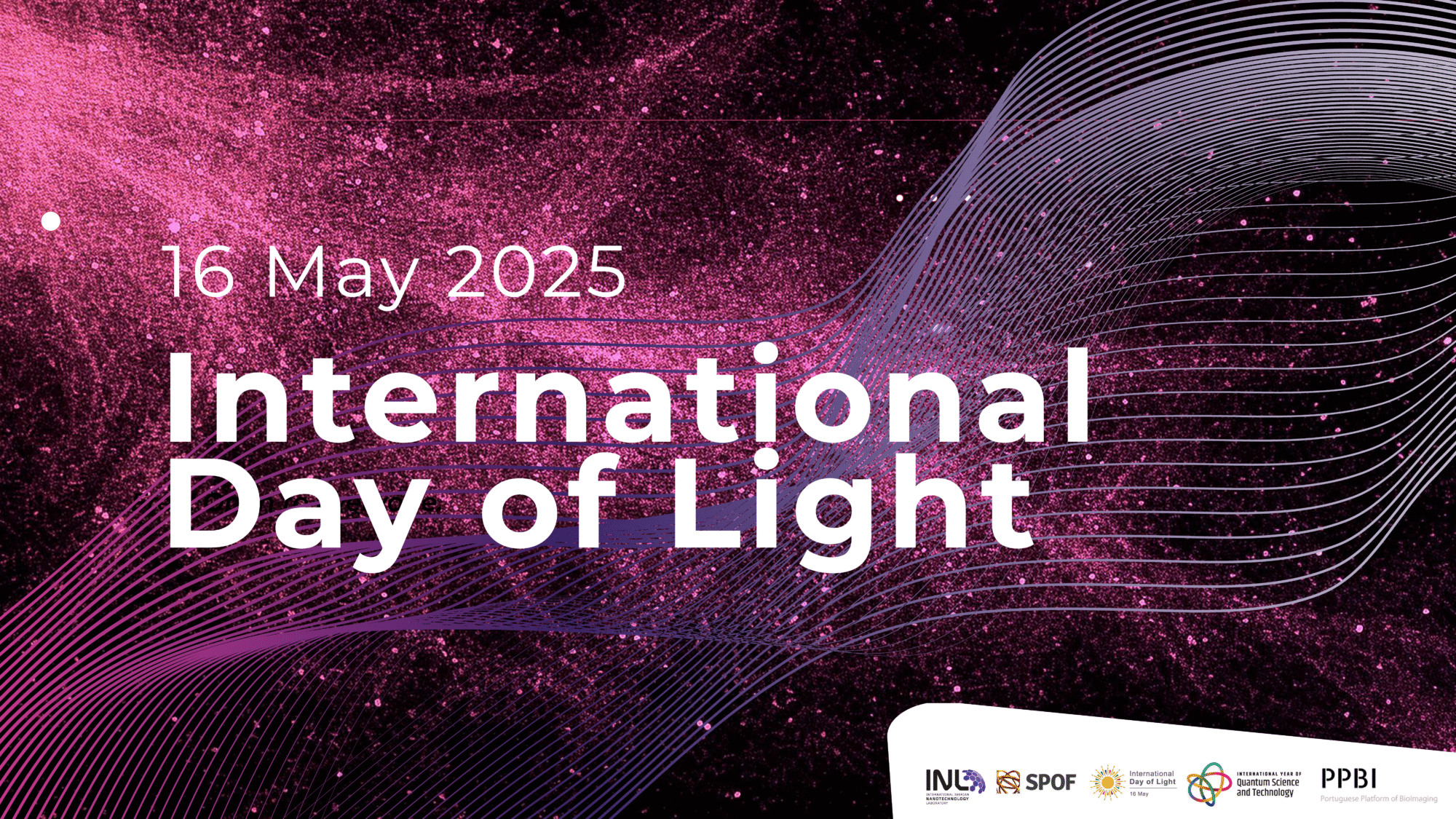On 28th April 2025, Dr. Julia Monar, the Ambassador of Germany to Lisbon, visited the headquarters of the International Iberian Nanotechnology Laboratory (INL), highlighting the importance of bilateral collaboration in advancing scientific and technological research. Professor Ado Jório de Vasconcelos, the Deputy Director-General of INL, welcomed the Ambassador and provided an overview of the laboratory’s scope of activities. Professor Ado emphasised INL’s mission to excel in nanoscale research for the benefit of society and its pivotal role as a hub for innovation. Dr. Sascha Sadewasser, Research Group Leader at INL, then presented the ongoing work within the Hi-BITS project, an EU-funded initiative focused on developing highly efficient solar cells using copper indium gallium selenide (CIGS). With four German partners – Zentrum für Sonnenenergie- und Wasserstoff-Forschung Baden-Württemberg (ZSW), Martin-Luther Universität Halle’s (MLU), Greendelta (GDL), and Avancis GmbH (AVA) -, Hi-BITS aims to improve efficiency, reduce material use, and expand solar applications in buildings, vehicles, and agriculture, by creating bifacial and semi-transparent cells. The project involves testing in different climates and sustainability studies, with a consortium of top European research institutions and companies working together to advance solar technology. During the presentation, Dr. Sadewasser also highlighted INL’s involvement in the APECS (Advanced Packaging and Heterogeneous Integration for Electronic Components and Systems) Pilot […]
Read more


